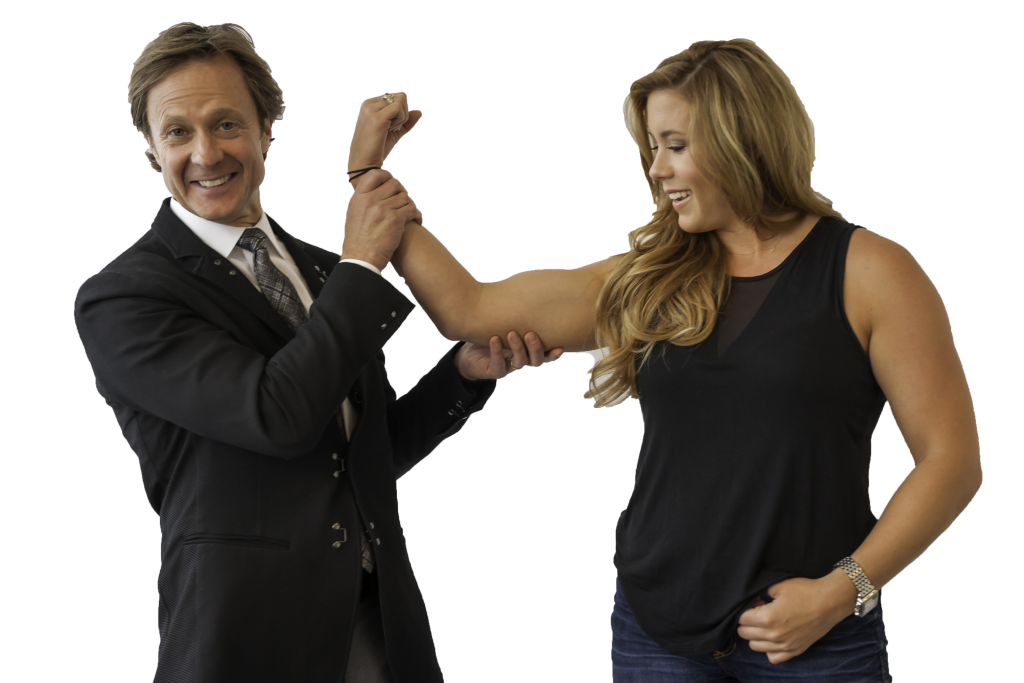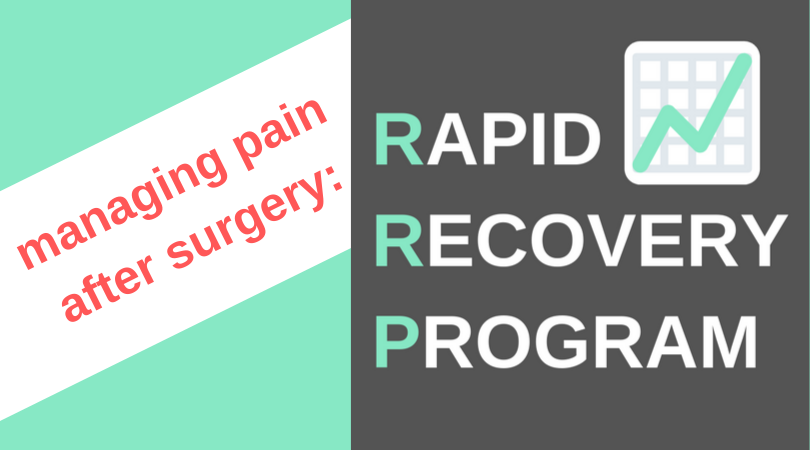Why Controlling Your Discomfort Following Surgery is Important, and How We Do It
We are all aware of the current state of the opioid crisis. That being said, surgery produces discomfort as part of the recovery process and it must be controlled in some manner. We use a Rapid Recovery Program for our patients which focuses on our patient’s pain control while minimizing the use of narcotics to accomplish this when having surgery, such as a neck lift or mommy makeover in Dallas. It has allowed our patients to experience fewer side effects from narcotic medications including GI symptoms and general lethargy. While the abuse potential of these medications is real, I fortunately do not see that aspect of their use. What I do see is nausea, constipation and distention due to motility issues of the intestinal track, as well as the sedative effects that narcotics create when used.
Pain Control Is Important
- More rapid recovery
- Increase ambulation
- Decreased complications following surgery

A Real Patient looks and feels great after surgery!
The types of pain patients experience:
* Incisional Pain – You will experience discomfort at the site of your surgery.
* Muscular Pain – Often times after the procedure, depending on how long it takes or if it requires you to stay in one position most of the time, you may experience pain in your neck, shoulder or back and other areas that were not operated on. You may also experience muscle spasms in the area treated.
* Sore Throat – Longer procedures can be associated with discomfort of the throat from the breathing tube used.
These can all be exacerbated with movement, coughing and going to the bathroom.
What Do We Do Differently?
Fortunately, none of our patients likes or desire to be on narcotics and are eager to do whatever they can to get off of them as early as possible. It is imperative to prepare your body physically and nutritionally for surgery. This will give you the strength to recover quicker. When you come to our Dallas or Frisco location to have your consult for surgery, we will come up with a plan together so you will be prepared!
The Medications We Use For Pain
- Gabapentin (Neurontin) – This is a nerve medication that helps decrease the sensitivity of the nerves following surgery. This medication is begun the day before surgery and continues for one week afterward.
- COX 2 inhibitor (Celebrex, Toradol) – This medication is a great NON–narcotic pain reliever. It is used in patients with arthritis or muscular discomfort. These medications are begun the day before and continue for 5 days after surgery. They are a great alternative to narcotic pain medication and really help decrease the need for opioids.
- Narcotic (Vicodin, Hydrocodone) – In some procedures, despite the above medications, narcotics in some form are needed. These medications help some patients through the more acute pain. We want to control the pain and understand for some procedures this medication will be needed.
- Acetaminophen and Ibuprofen (Tylenol and Advil) – These old standbys really work. We try to get our patients on these as soon as possible. It is important to note that Hydrocodone or Vicodin has Tylenol in it and one cannot take Advil while taking Celebrex or Toradol. Ask your doctor about possible interactions and dosing.

Dr. Kenkel’s patient is excited to feel and look her best!
What Else Do We Do?
During surgery we often use an injection called a “local anesthetic” that is placed at the surgical site. This can help alleviate the discomfort for several hours at the site of the surgery. In some of our larger procedures such as a tummy tuck or liposuction, a drug called “Exparel” is injected at the site. This can help decrease the pain at that site for 48-72 hours in some cases. This really helps patients recover quicker, increasing their ability to move around and decrease their need for narcotic pain medicines.
Finally, it is very important to try an avoid nausea when one wakes up from a procedure. Several medications are given to our patients prior to waking up that helps decrease our risk for nausea following a surgical procedure to ease any discomfort and queasiness.
What Else Can You Do?
There are other things that do help with pain. In some instances, we can use ice intermittently to help with pain and swelling. It is important to understand that sensation in the area where surgery was performed is not normal. We limit ice to the surgical site typically to 10 mins an hour to avoid injury to the skin. Relaxation and meditation techniques do work for some patients. This typically requires practice and education preoperatively so that they can be used effectively postoperatively. Finally, surgery results in some degree of pain. It is important to understand this and to accept it. When one does, it better frames what the anticipated recovery is and allows the patient to focus on working through it to maximize and speed the recovery process.

A real patient of Dr. Kenkel is strong after surgery!
Take Home Points
- The use of narcotics can slow recovery and increase risk for complications.
- There are alternative medications that help diminish pain best. Make sure you tell your plastic surgeon in Dallas (or wherever you are having surgery) about ALL medication use, as there can be drug interactions.
- Minimizing narcotics decrease risk for nausea and GI side effects.
- Mental and physical preparation for surgery helps speed the recovery process.
The Rapid Recovery Program will help manage your pain with minimal narcotics, allowing you to recover quicker and be back to your normal routine much faster! After all—we want you to “look as good as you feel”! If you’re ready to look and feel your best, request a consultation online or call us at (214) 645-3112 (Dallas) or (469) 604-9120 (Frisco) to schedule an appointment.
Remember: When considering surgery, please do your homework and see a Board-Certified Plastic Surgeon that takes great care in pain management.

Pain management using the Rapid Recovery Program can help you “look as good as you feel”!


Leave a Reply